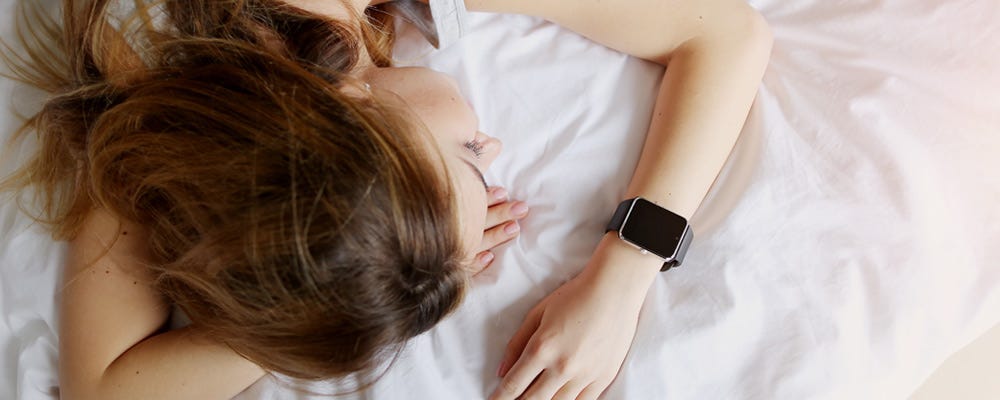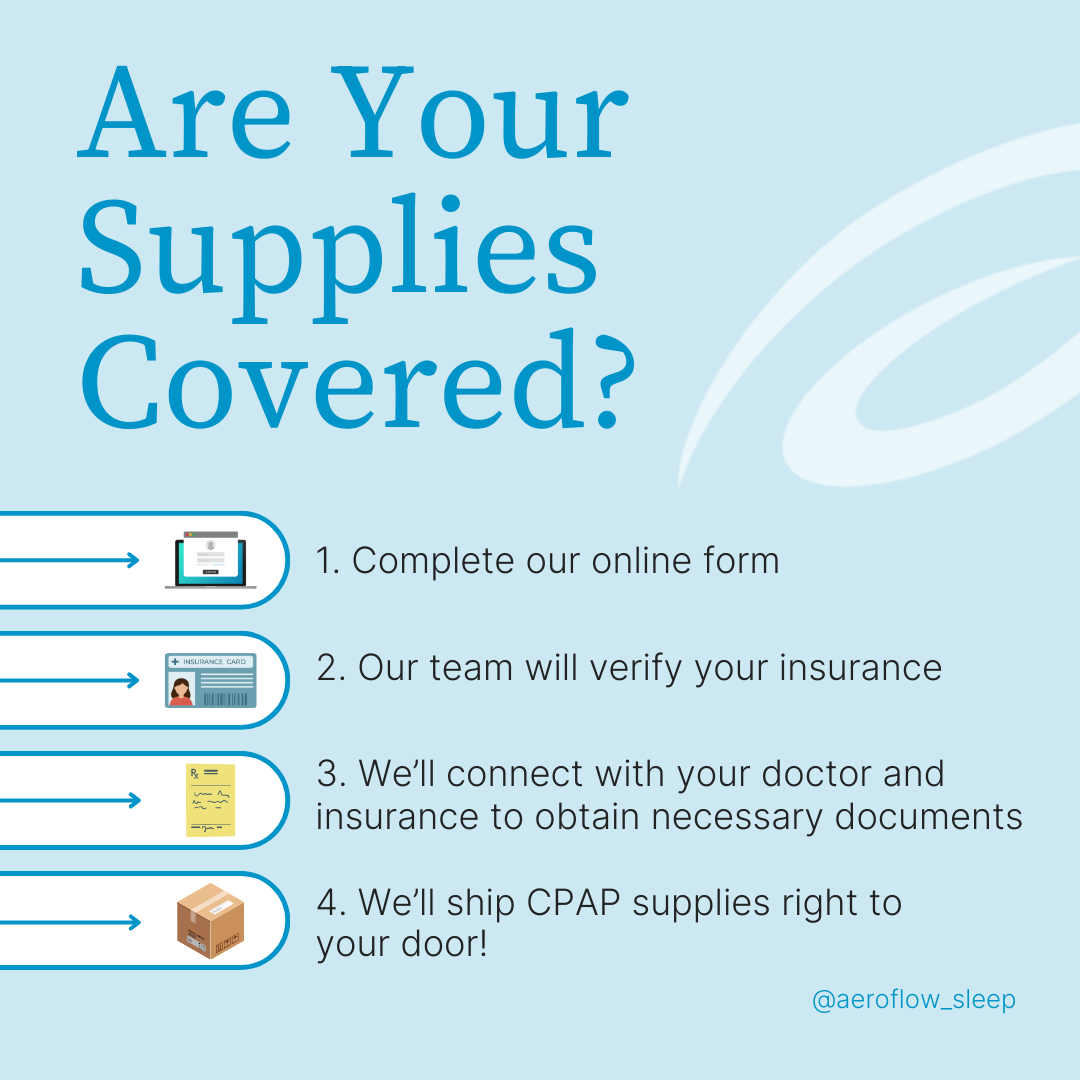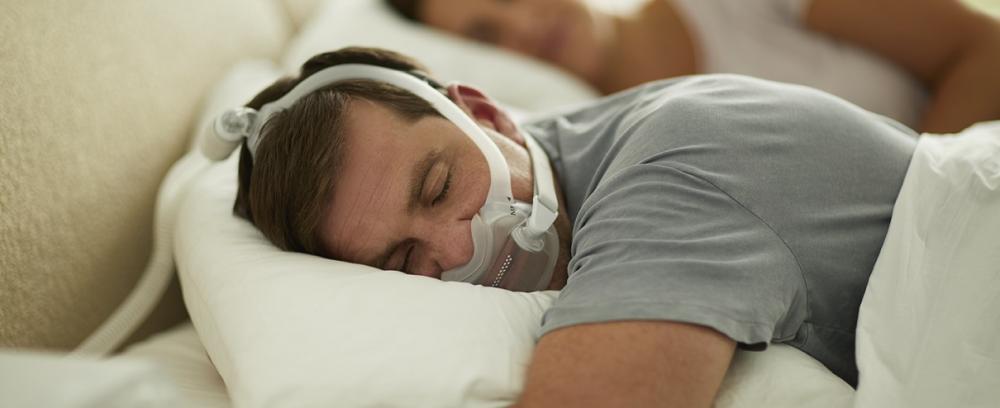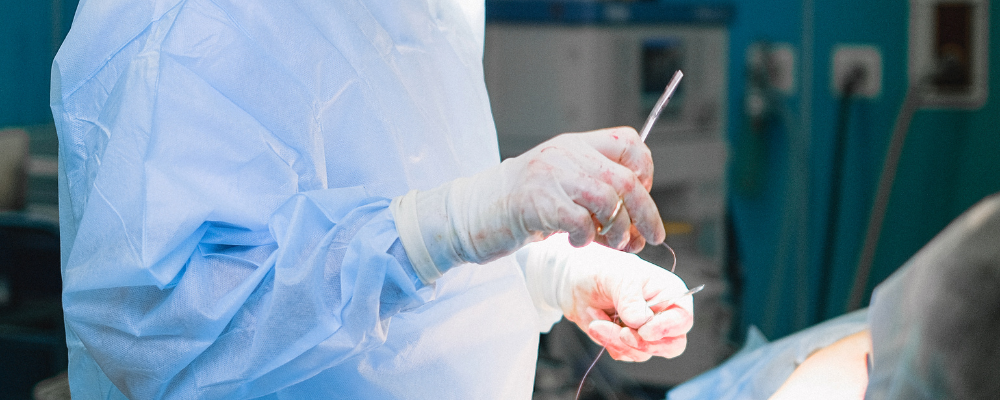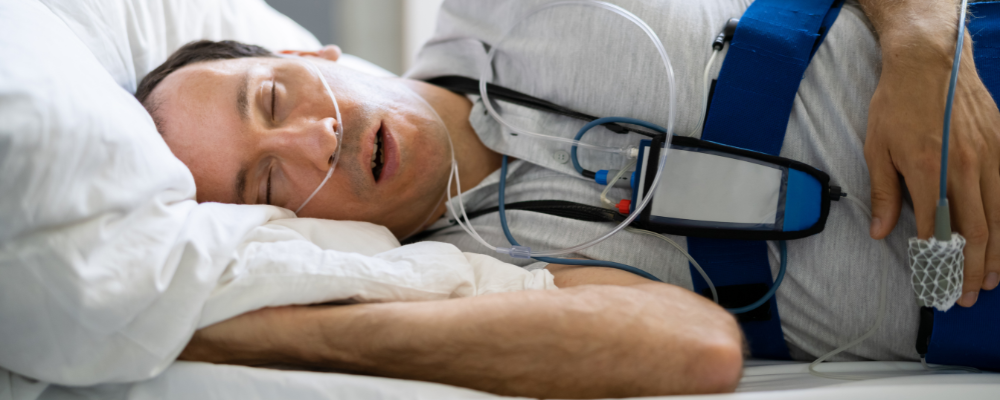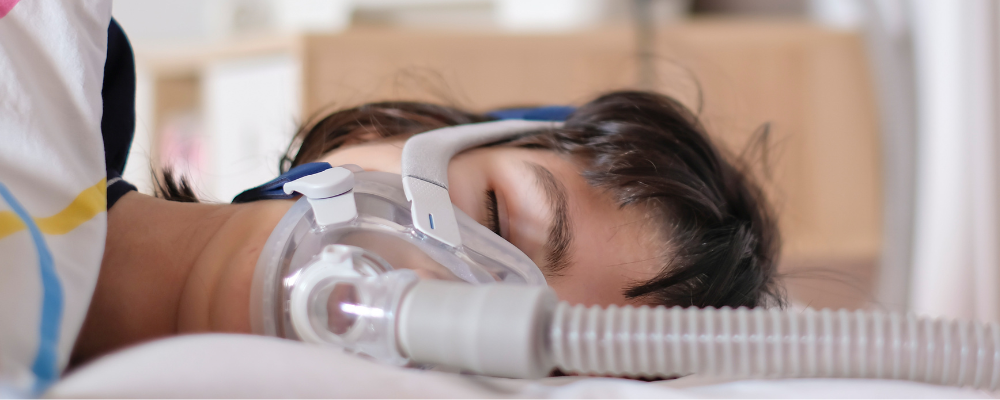Most people who have sleep apnea don’t know it. In fact, researchers believe that 80% of moderate to severe cases remain undiagnosed. That’s partly because the worst symptoms happen while you’re asleep. The other part is that nobody looks forward to spending a night in a laboratory, trying to sleep while dressed up in wires like a science project.
Yet smartwatches and fitness trackers are widely available, and if they can track sleep time, breathing, heart rate, and more– could they help to close that diagnosis gap? Can your Apple watch track sleep apnea? Can your Fitbit alert you to a sleep disorder?
Today, we’ll take a look at wearable sleep tracking and if it can be used for sleep apnea detection. Then we’ll tell you what you should do if you suspect that you or a loved one may have sleep apnea. But first, you’ll need just a quick understanding of what exactly sleep apnea is and how it’s diagnosed.
What Is Sleep Apnea and How Is It Detected?
Sleep apnea is a serious breathing disorder, where you repeatedly stop breathing throughout the night. There are different kinds of sleep apnea, but the most common is Obstructive Sleep Apnea (OSA). With OSA, the muscles or tissues in your upper airway literally collapse, preventing you from breathing temporarily.
These pauses in breathing can last for 10 seconds or longer, and may happen hundreds of times per night.
As your body struggles to breathe, it floods itself with stress hormones, which creates signals that healthcare professionals can identify during an overnight test called a sleep study. These signals include changes to your:
- Heart rhythm
- Blood oxygen levels
- Breathing pattern
- Sleep pattern
- Brain waves
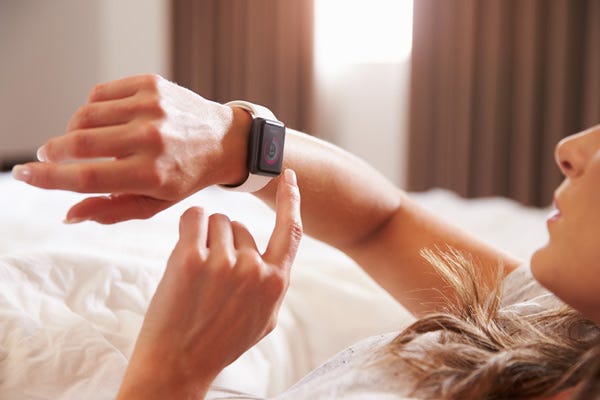

You may notice that– except for brain waves– these are all metrics that you can track with a smartwatch or fitness tracker. So how does your smartphone gather this information without all of the tubes, wires, and sensors that a sleep lab uses?
How Do SmartWatches Track Sleep?
How does your Apple watch, Fitbit, or Garmin know when you’re asleep? Well, actually, it doesn’t. These devices actually make an educated guess.
Most wearables estimate sleep using a tiny device called an accelerometer, which tracks movement. The sleep app then compares how you’re moving with data about how people typically move in their sleep. A complex algorithm then uses this information to make an estimate of your sleep duration, sleep phases, and sleep quality.
This process is called “actigraphy” and it’s actually used by healthcare providers, sleep researchers, and even NASA. But by itself, actigraphy has a hard time telling the difference between sleeping and wakefulness, and can easily be fooled by people who stay very still.
For example, one study found that wrist actigraphy overestimated total sleep time by over 22 minutes.
So what about the devices that also track heart rhythm, blood oxygen levels, and even respiratory rate? Are they more accurate at tracking sleep and, more importantly, can they detect sleep apnea? Let’s take a look at some of the different devices.
Can the Fitbit Detect Sleep Apnea?
Newer models of the Fitbit report on almost all of the health data signals used to detect sleep disorders, but they cannot combine that data to diagnose sleep apnea. And it’s designed that way on purpose: The Fitbit is considered a “wellness device” and not a medical device, so it is not regulated by the FDA. This means the Fitbit cannot claim to detect, diagnose, treat, or prevent any diseases or conditions.
This is the reason why Fitbit users can receive a report on variations in their blood oxygen levels (SpO2), but not the actual readings of those changes.
If the makers of Fitbit wanted to be able to detect sleep apnea they would have to undergo rigorous (and expensive) clinical trials to seek FDA approval.
Still, the Fitbit’s built-in pulse oximeter and accelerometer can provide wearers with valuable data. You should talk to your doctor about any changes to your heart rate, respiratory rate, blood oxygen, sleep quality, or if you frequently wake up during the night. These could be indications of OSA, or another serious health condition.
Unlike the Fitbit, the Apple Watch contains a heart-rate sensor that is actually considered a Class II medical device. Combine that with third-party health apps, and the Apple Watch may potentially be able to detect (but not diagnose) sleep apnea.
Like with other smartwatches, the blood oxygen sensor on the Apple Watch is considered a “wellness device” and not allowed to claim to detect or diagnose any health conditions. However, Apple went through the process of getting FDA clearance for the ECG features on Apple Watch Series 6 and 7
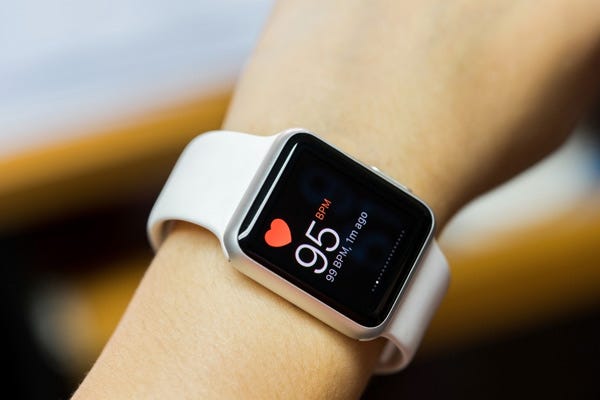

Can the Apple Watch Detect Sleep Apnea?
With this heart-rate sensor a watch app called Cardiogram claims to be able to detect atrial fibrillation, hypertension, and even sleep apnea. The Cardiogram app uses an advanced AI called DeepHeart to analyze your heart rhythm, ECG, and activity data. It can then report on your cardiovascular health with 82 percent accuracy compared to other wearables by themselves.
It's important to note the difference between detection and diagnosis, however. While Cardiogram can detect the likeliness of sleep apnea, it cannot be used to diagnose OSA.
What Happens if Sleep Apnea is Detected?
Currently, even the most advanced smartwatches and fitness trackers can only detect the possibility of sleep apnea, and recommend that you seek further diagnosis. Only a sleep study analyzed by a board-certified clinician can diagnose obstructive sleep apnea.
Luckily, advances in technology mean you can have a sleep study performed at home or in a sleep lab.
If the sleep study finds that you do have OSA, your doctor will likely prescribe CPAP therapy. A CPAP machine is a non-invasive treatment that uses pressurized air to prevent your airways from collapsing during sleep.
This is where Aeroflow Sleep comes in! With Aeroflow Sleep you’ll be assigned a dedicated Sleep Specialist, who will reach out to your doctor and insurance provider for you. Your personal Specialist can obtain your prescription, handle all of the paperwork on your behalf, and even offer tips and tricks for adjusting to your therapy.
If you suspect that you or a loved one may have sleep apnea, talk to your doctor about scheduling a sleep study right away. Then reach out to Aeroflow Sleep!


